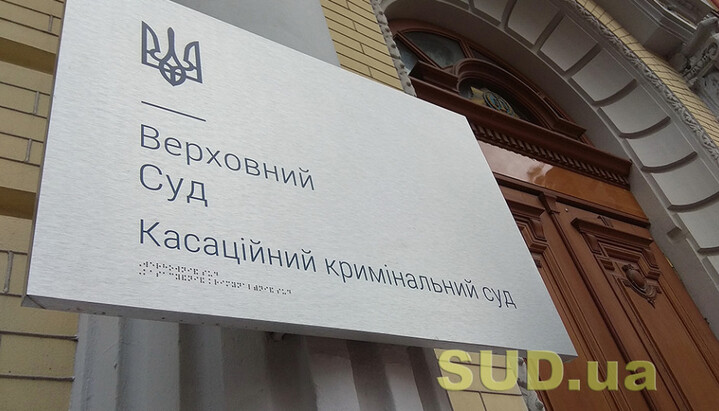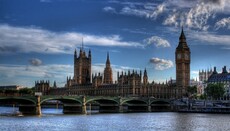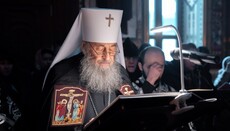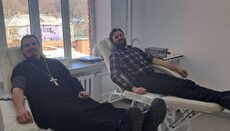Supreme Court denies exemption from mobilization on religious grounds

Martial law is a sufficient basis for fulfilling military duties for all citizens, ruled the Supreme Court.
During martial law, all citizens of Ukraine, including Jehovah’s Witnesses, are obligated to fulfill their military duty and serve in the army, says the decision of the Cassation Criminal Court within the Supreme Court.
On April 15, 2025, the court made a ruling in the case of a man who was sentenced to three years in prison for failing to report to the Territorial Recruitment Center (TRC), citing his religious beliefs.
The defense argued that the man did not report to the TRC due to his affiliation with the religious organization "Jehovah's Witnesses", which prohibits military service, and demanded that the sentence be overturned. However, the Supreme Court upheld the decisions of the previous instances, stating that in peacetime, Ukraine has alternatives to military service, but in wartime, this exception does not apply.
"The Supreme Court pointed out that Ukraine introduced alternatives to military service during peacetime, and Ukrainian citizens can freely take advantage of these alternatives. However, in wartime, during mobilization and defensive war, the duty to defend Ukraine, which has been subjected to aggressive attack by the Russian Federation, is imposed on all Ukrainian citizens regardless of their religious beliefs," the court's decision stated.
At the same time, the Supreme Court noted that it did not consider the decisions of the European Court of Human Rights in the context of refusal from military service on religious grounds, since none of the Court’s decisions addressed the actions of the state and citizens in the context of such a large-scale war being waged against Ukraine.
As the UOJ reported, another Jehovah’s Witness was sentenced to three years in prison for refusing mobilization.











